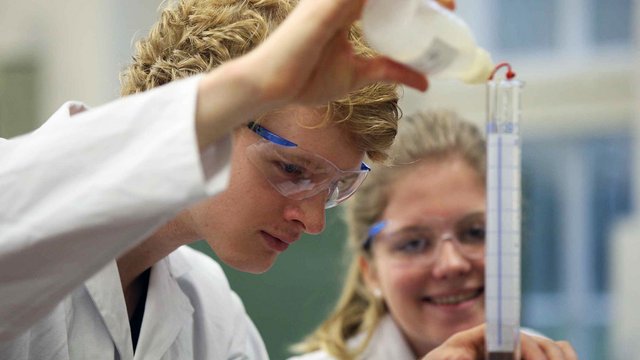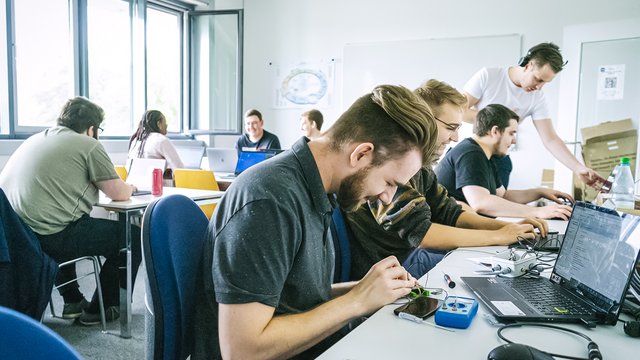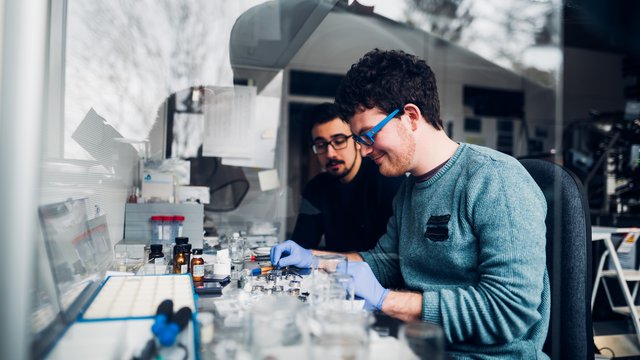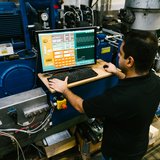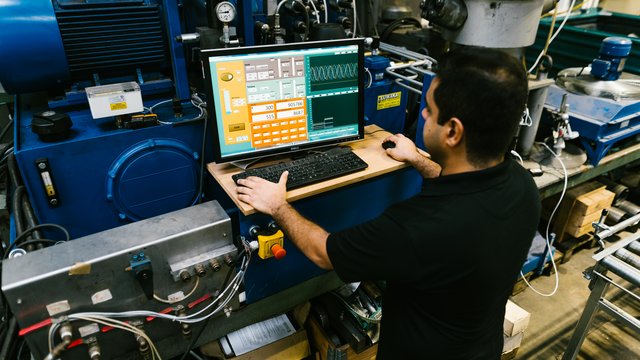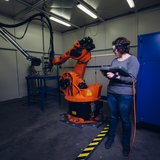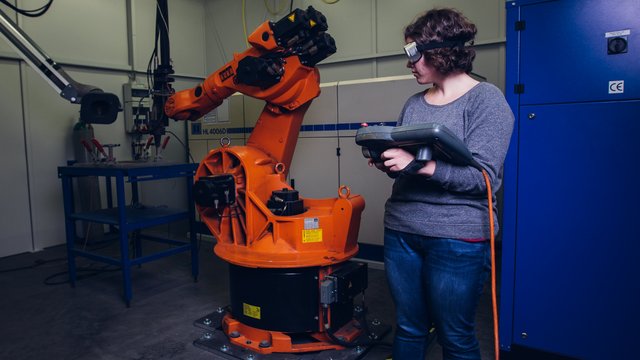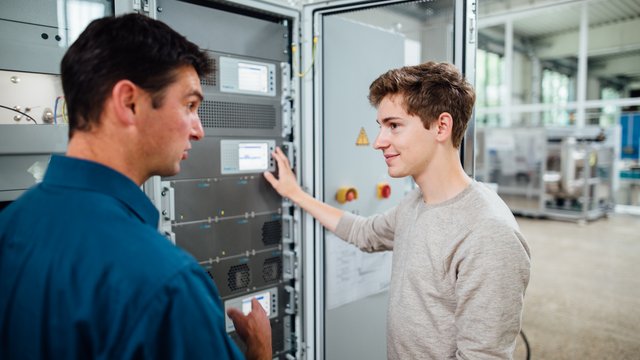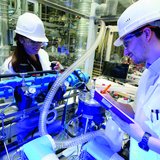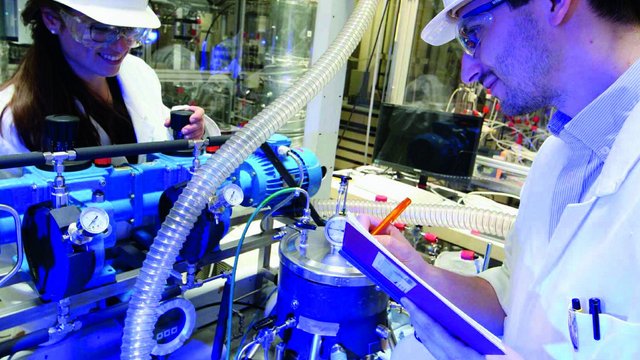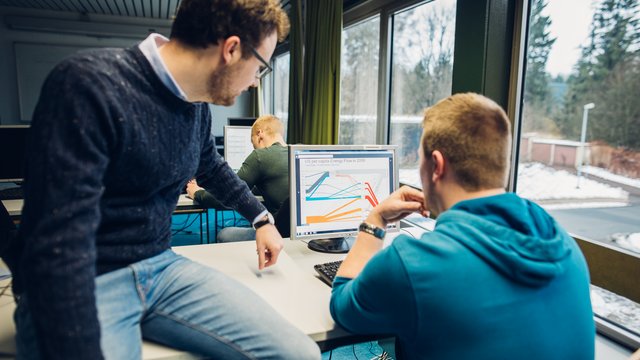The Bachelor's degree is the first academic degree you can obtain at a university and is also the first professional qualification in the multi-level study model.
Even if you are aiming for a Master's degree, you must first complete a Bachelor's degree course. As you do not need to have a previous degree in order to study a Bachelor's degree course, Bachelor's degree courses are also referred to as undergraduate degree courses. In order to be admitted to a Bachelor's degree course, you must have a university entrance qualification (such as the Abitur). The standard period of study for most Bachelor's degree courses at Clausthal University of Technology is six semesters.
For every Bachelor's degree course at Clausthal University of Technology, there is always one or more Master's degree courses that are considered consecutive, i.e. a direct continuation of the Bachelor's degree course. To start a consecutive Master's degree course following a Bachelor's degree course, you do not have to go through a separate selection and application procedure.




